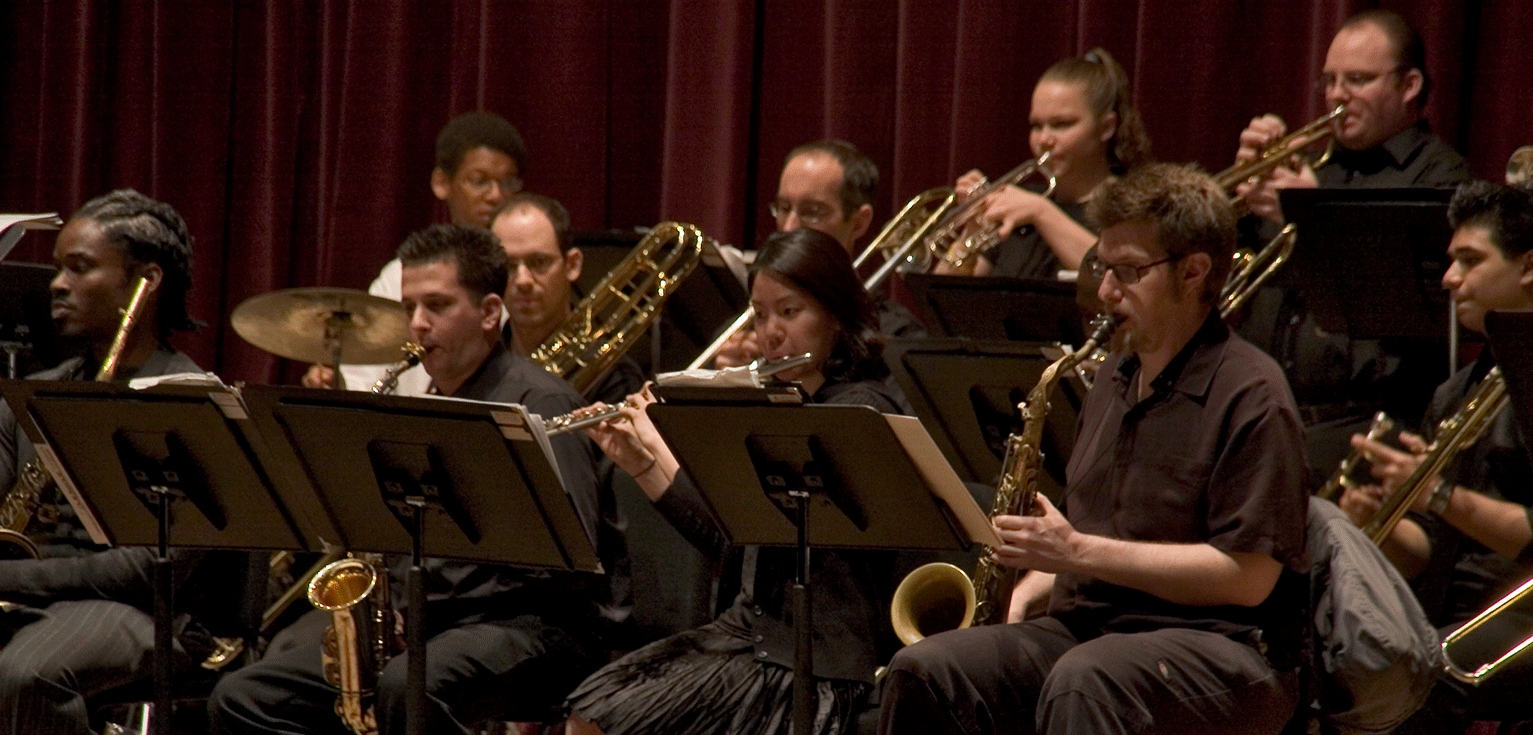| << Chapter < Page | Chapter >> Page > |

Although most people have heard of jazz, and many recognize it when they hear it, the music is notoriously hard to categorize. There is simply no single description that can account for the vast number of styles and genres that have been placed under the jazz “umbrella.” In fact, some musicians (Duke Ellington, Randy Weston, and others) have avoided using the term altogether, finding the concept too confining. The term itself (and its variant “jass”) did not appear until the 1910s, after jazz was already a well-established idiom, and has been applied to many types of music that most purists would not consider “true” jazz at all, from the novelty piano rags of Zez Confrey in the 1920s to the instrumental pop music of Kenny G in the 1980s and 1990s.
A few general comments can be made about the music, however. We know, first of all, that jazz was a music created primarily by African Americans, and it has deep roots in traditions that go back as far as the African traditions brought by slaves to America during the Middle Passage. Related to this are two dualities that virtually all types of jazz share. These dualities create a vibrant tension in the music that gives jazz much of its power.
Contrary to some popular beliefs, playing jazz is not simply a matter of musicians playing whatever they feel like. Improvisation—creating new music on the spot—is a vital part of almost all jazz traditions (see below), but it nearly always takes place in the context of some larger structure that is planned in advance. This planning can be as simple as deciding who plays what when (the order of the solos, for example) and as complicated as a completely written-out arrangement in which most of the musicians are guided by notes printed on the page. At the very least, musicians will usually decide in advance the tune that will serve as the basis for their improvisations. Perhaps another way to put this is to think of jazz as a very “free” music, one that allows players to explore a variety of means of self-expression, but that at the same time, with freedom comes responsibility. Some type of underlying organization must be in place or the result is chaos.
From the very beginning of jazz’s history, a premium has always been placed on musicians who create their own sound—one that is highly personal and instantly recognizable. Whereas classical musicians will learn the “correct” and “incorrect” ways to play their instruments, for the jazz musician, there is no “proper” way to make a sound. Though some jazz musicians study their instruments in conservatories, many also learn simply by picking up an instrument and figuring out how to make a sound they like, whether or not it has anything to do with “acceptable” technique. The great New Orleans clarinetist and soprano saxophonist Sidney Bechet, for example, developed a totally idiosyncratic technique on his instrument—one that would make a classical musician cringe—simply by experimentation, but he had an enormous, rich, and passionate sound that was impossible to duplicate.

Notification Switch
Would you like to follow the 'Music appreciation: its language, history and culture' conversation and receive update notifications?